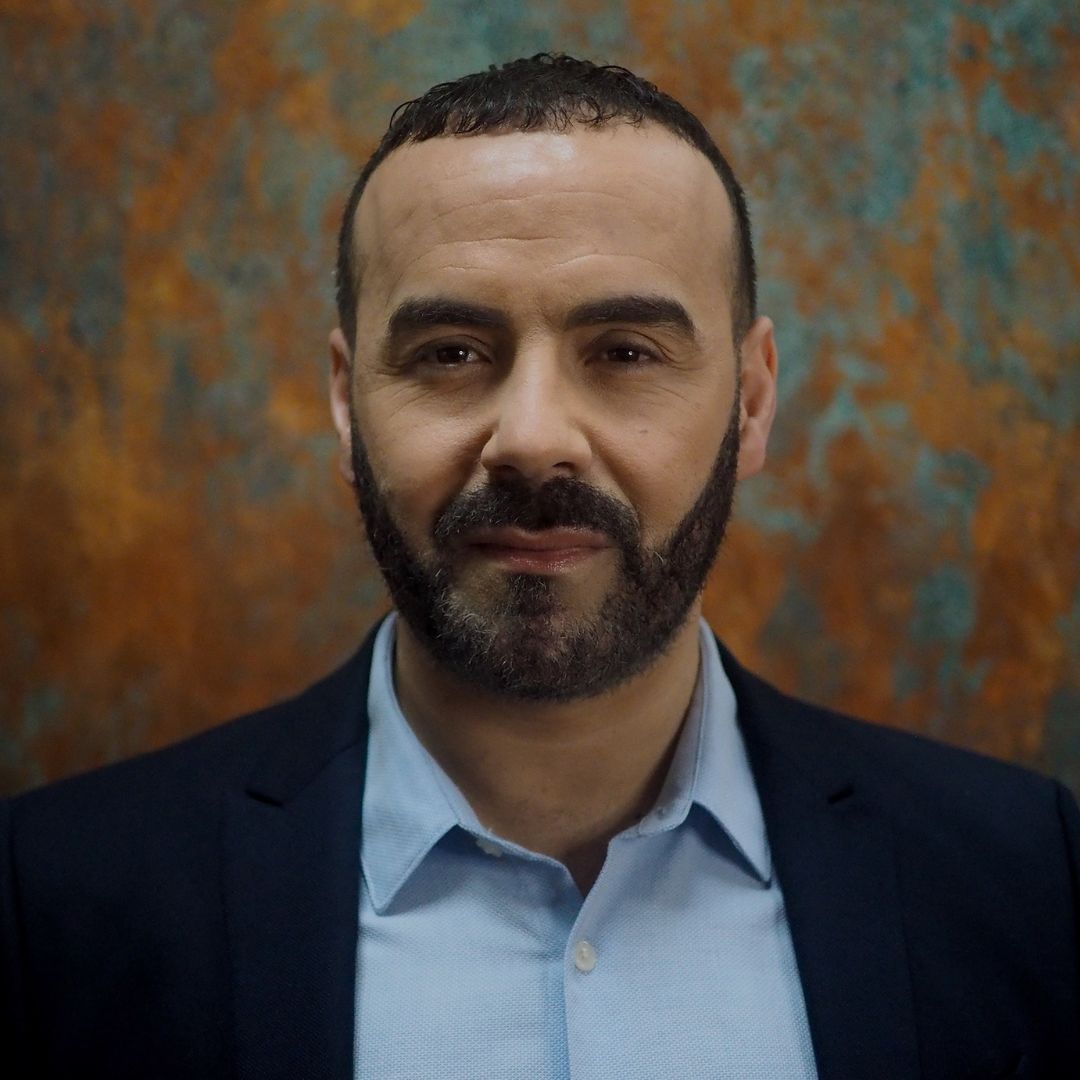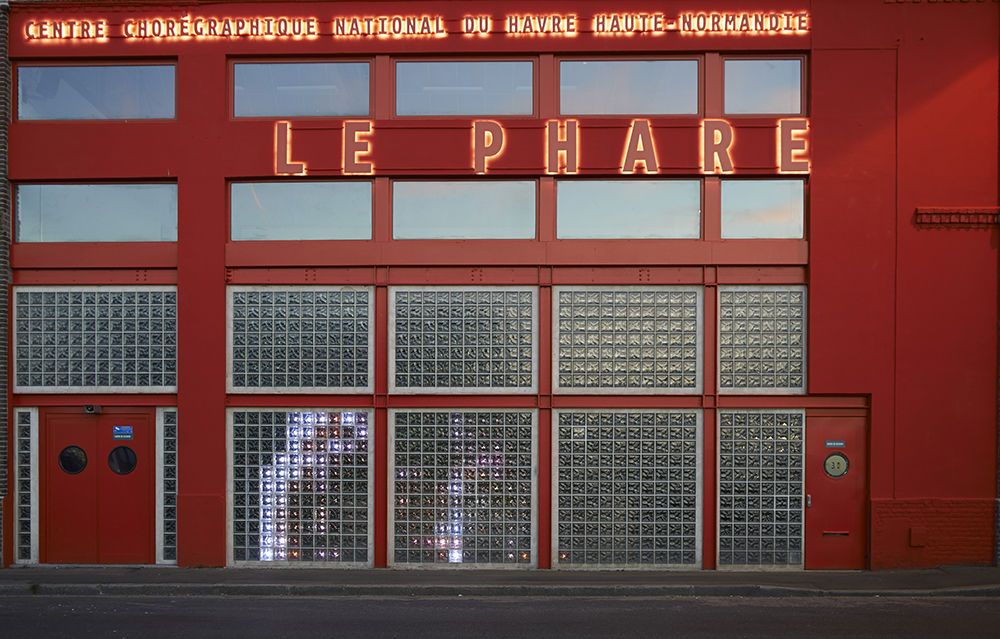Le Phare
Centre chorégraphique national du Havre

Direction Fouad Boussouf
Fouad Boussouf creates a form of dance driven by an unrelenting curiosity.
He moved from Morocco to France in 1983, at the age of seven. As a teenager, he learned hip-hop on his own, listening to music tapes of Prince and Michael Jackson. Dance became a path for personal growth, leading him through numerous practices: he took classes of jazz dance and contemporary dance, pursued circus arts, and finally started performing with Ahmed Lahcen, Farid Berki, Pierre Doussaint and Trick Nasty Crew among others. His pedagogical qualities, which he demonstrated in all these different contexts, also influenced his personal journey and shaped the singularity of his choreographic writing. In 2006, he created the Massala company, performing both in France and internationally. His dance style is filled with influences, at a crossroads between contemporary writing, refined hip-hop writing, revisited traditional dances, and visual arts. His trilogy, Transe (2013), Näss (2018) and Oüm (2020), explores themes of legacy, rituals, traditions and cultural transmission, examined through the movement of bodies. On January 1, 2022, he was appointed director of Le Phare – CCN du Havre. Since then, Boussouf has transformed it into a shared space, where creation, artistic outreach and collaboration can thrive. His project mainly focuses on creating and disseminating his works, locally and internationally, supporting the structuring of the local choreographic field, and engaging in local development and cultural activities. He has initiated large-scale participatory projects designed for amateur audiences and set in the public space. In Le Havre, a traditional working-class city open to the world, Boussouf aims to bring dance to every corner of the region, encouraging everyone to reconnect with their sensibility. Boussouf believes one of the CCN’s main missions is to engage with audiences, both physically and emotionally, through a programme that is both high-quality and accessible. With this vision, he created the Plein Phare festival, which first edition took place in November 2022. Since 2023, in addition to the November festival, Plein Phare has also offered summer events, held outdoors and on the beach.

The venue
In 1986, Joëlle Bouvier and Régis Obadia established the Choreographic Centre, which was still a regional one at that time. The choreographers settled in the former dockworkers’ neighbourhood, at Les Magasins Généraux, and rehabilitated a large warehouse into a workspace. They collaborated on a joint project that would grant their successor, François Raffinot, the CCN’s label in 1993. Raffinot recruited several dancers, including Emmanuelle Vo-Dinh. Six years later, Hervé Robbe was appointed director and turned the CCN into a true laboratory. He utilised the public spaces to perform choreographic works in the region, through installations, events, movie screenings, and performances held in unconventional places. Emmanuelle Vo-Dinh returned to Le Havre in 2012, when she was appointed director. In 2013, she created the Pharenheit festival, which increased the visibility of resident artists, and helped them meet audiences. Under Vo-Dinh’s leadership, the CCN became a “lighthouse” for dance, showcasing the vibrancy of choreographic art. Her term ended in 2022, when Fouad Boussouf was appointed director
Key dates
-
1986-1992
Joëlle Bouvier and Régis Obadia serve as directors
-
1993-1999
François Raffinot serves as director
-
1999-2012
Hervé Robbe serves as director
-
2012-2021
Emmanuelle Vo-Dinh serves as director
-
2022
Fouad Boussouf is appointed director
76600 LE HAVRE
+33 2 35 26 23 00
https://lephare-ccn.fr
